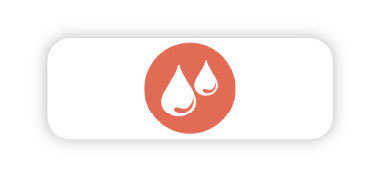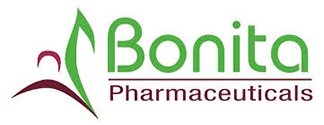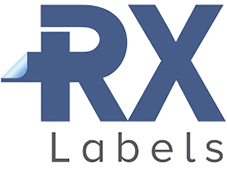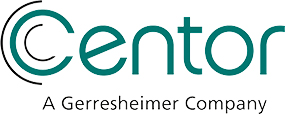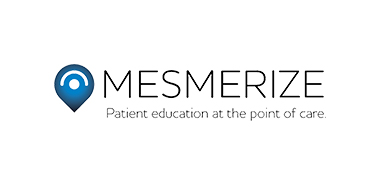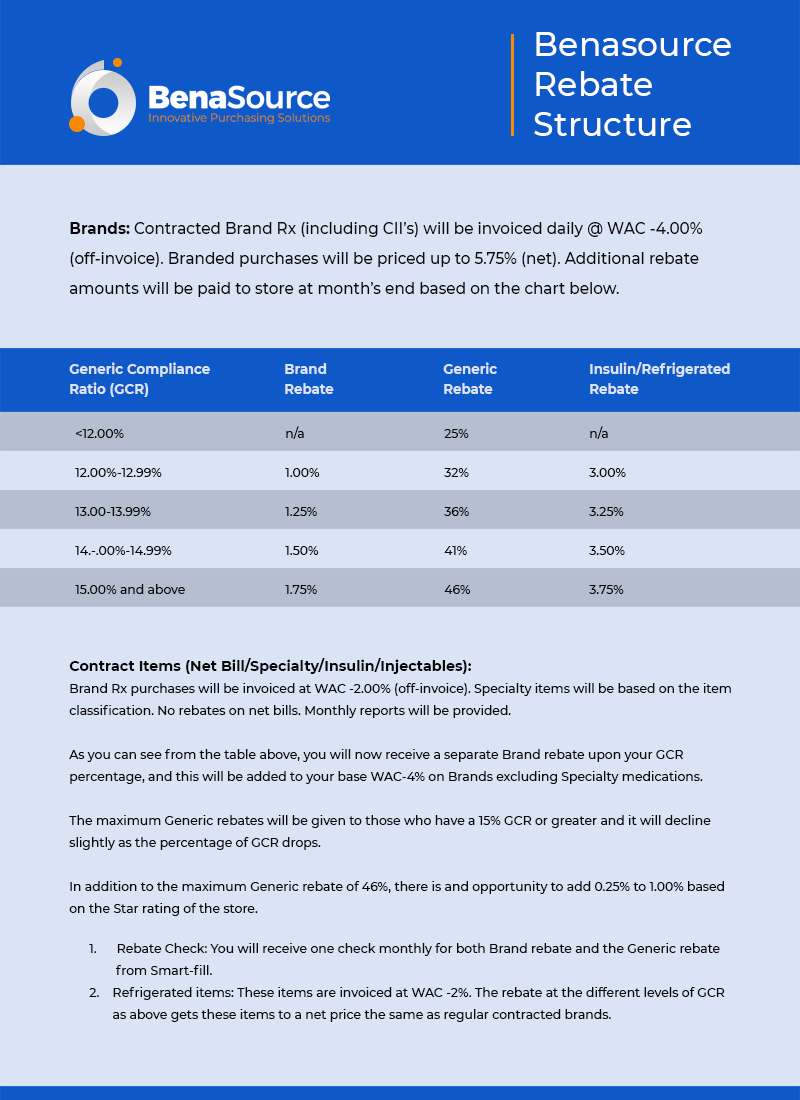On the surface, it might seem like an odd-pairing to designate Thanksgiving for the observance of another, lesser-known annual tradition—that of National Family Health History Day. Yet, that’s the way it’s been since the occasion was first recognized in 2004.
“Please pass your health history to your left until it makes all the way around the table.”
Such a literal interpretation aside, the basic idea from the Surgeon General remains just as relevant today as it did then. Especially to every relative gathered around the table. Founders rightly believed that having important discussions about health histories and hereditary illnesses could take place comfortably alongside the mashed potatoes, candied yams, and fresh cranberries.
“Share and share alike! And still not spoil anyone’s appetite.”
Here in 2019, National Family Health History Day serves as a yearly reminder to talk about problems like high blood pressure, diabetes, and cancer that may run in the family; most notably, colorectal cancer. The second and third leading cause of death in women and men, respectively. The likelihood of developing colorectal cancer can largely be determined by family history. Other risk factors include obesity, diets high in red meat, and age, but you’ll want to pay closer attention should you learn someone close to you has concerns.
Make a note of it (or several while you’re at it)
Before everything you find out disappears like the last of the pecan pie, it’s well worth the time to record what you find out using the Surgeon General’s “My Family Health Portrait” tool. Simple and intuitive, this remarkable online resource allows you to enter family health history information securely; in turn, building a “family tree” of hereditary characteristics for review by primary care physicians or specialists over time.
As a result, you’ll get a better idea of how different health conditions have presented from one generation to the next, giving you powerful insights into what to look for—and look out for—in your own life. Making healthy choices is important at every decision-point, but it takes on even greater significance if there’s a historical precedent in play.
A few conversation starters
If a personal medical condition is on your mind, take a moment to share your concerns with other family members. That one thing you thought was nothing might be something after all. Also, be sure to listen as much as talk—an old tale spun about a distant relative could have some real import in the present day. In the event you discover an uncomfortable correlation, rest assured that’s no guarantee the same thing will happen down the road. However, it may be just the thing to change what you eat or how often you exercise.
According to the U.S. Department of Health & Human Services, 96 percent of all Americans agree with the statement that knowing your family health history is important. Reason enough to get a grip on whether you should consider going for an early screening of one disease or another.
Grateful to be your partners in good health
Your friends at Benzer Pharmacy can help point you in the right direction. Speak to one of our dedicated clinical staff members during your next visit for guidance on your next step.
A side of wellness always pairs nicely with the main course.




